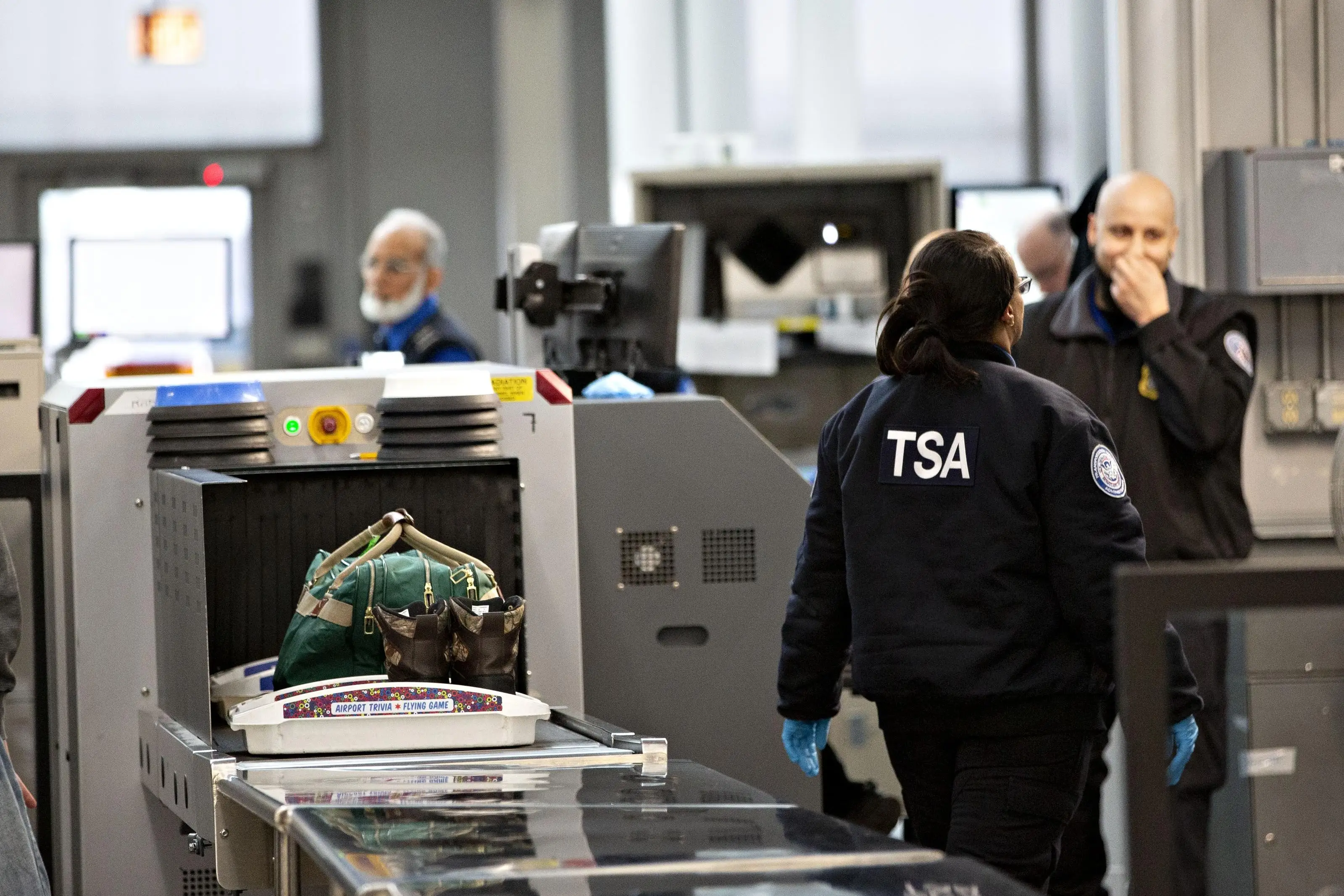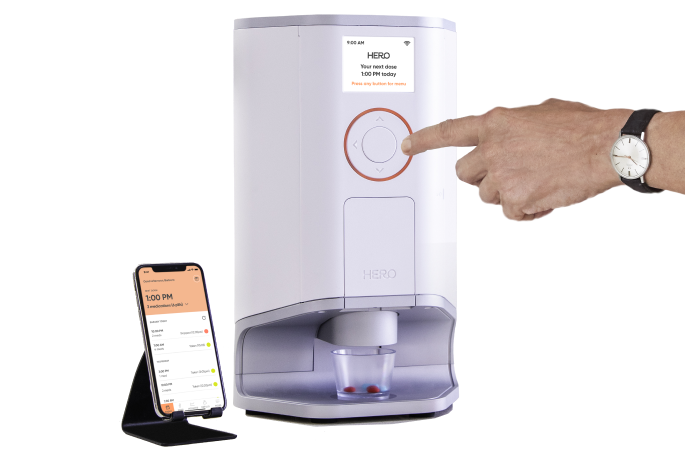What Are TSA Requirements For Packing Meds In A Pill Case?

If you are planning on flying soon and need to bring along meds in a pill case, you might be wondering about the TSA guidelines around flying with prescription medication.
Thankfully, traveling with medication is rarely an issue. Particularly with domestic travel, the TSA is quite lenient about taking prescriptions on planes. Still, here are a few considerations to keep in mind as you prepare for travel!
1) While medications can either be checked in or kept in a carry-on, a carry-on is generally better practice.
You’re allowed to bring your medication in your carry-on or your checked baggage. However, you should generally keep your medication in your carry-on in the event of delays or emergency situations. If your plane is running late or you miss your connection, you don’t want to be without your pill box .
Keeping medication with you on your flight also reduces the risk of important prescriptions getting lost in transit. While luggage that arrives late is already inconvenient, it can even become dangerous if your medications require you to follow a highly specific schedule.
A Note on Liquid and Refrigerated Medication
If your medication is in liquid form, there are some restrictions when it comes to carrying it on.
Liquids must be no more than 3.4 ounces to be taken on the flight. In addition, any liquid medication will need to be screened during the security checkpoint process, so you should inform the officer that you have necessary liquid medications with you.
You are also allowed to bring ice packs on your flight to keep your medication properly cooled. Just make sure you declare the ice packs during screening.
2) Prescriptions must undergo an X-ray screening, but you can request a visual inspection if you prefer.
Prescription screening is usually done through an x-ray with the rest of your items, but you can request a visual inspection if you prefer.
This request must be done before your medication has begun going through the X-ray on the conveyor belt.
Note that you are not limited to the number of pills that you bring on your flight, as long as you allow all medications to be screened, and that all medications are in pill or other solid form.
3) Medication generally doesn’t need to be presented or declared, but it’s helpful to know exactly what you have in case they ask.
The TSA does not require you to have your medication in its original prescription bottle, so traveling with a pill case does not violate any rules. You will also generally not have to tell the officers about your medication unless it is a liquid.
Since your pills will go through the standard x-ray screening process, it is possible that a TSA officer may ask you about them, especially if they are considered controlled substances. Keeping a detailed list of your medications on your smartphone or in a pocketbook is the best way to know exactly what you have.
The Hero app, for example, comes in handy for these exact scenarios -- instead of struggling to find a piece of paper in your wallet or back pocket, you can instead easily pull up your list of active medications. The name of each medication is located conveniently on the main screen, along with the dosage and schedule of each one. You can also easily update your medication regimen right in the app so you’re always up to date.
4) Your prescriptions don’t need to be in prescription bottles by TSA standards, but local laws may say otherwise.
As mentioned, you don’t need to have your pills in their original bottles under TSA guidelines. However, when traveling out of the country, having those pills in their original prescription bottles may make the customs process smoother and simpler.
Moreover, different countries may have stricter rules for international travelers with medications. Before going on your trip, do a little bit of research about your destination to see what requirements they may have for traveling with prescriptions, especially controlled substances like painkillers and sedatives.
You also may need to have a doctor’s note for your prescriptions for certain countries outside of the U.S. Your note should explain why you’re taking your specific prescription(s). You may also want to consider translating the note into your destination’s local language to further simplify the process.
Complex med schedule? We solved it.
Hero’s smart dispenser reminds you to take your meds and dispenses the right dose, at the right time.

How Hero Can Help When You’re Traveling With Prescriptions
It’s easy to forget your medication schedule when you’re on vacation -- after all, vacations are meant to be a distraction from the hustle and bustle of everyday life.
Thankfully, the Hero app helps you effortlessly stay on track with your med management wherever you are.
Along with the app, the Hero dispenser comes with Vacation Mode so you can easily dispense your meds ahead of schedule and take them with you. The dispenser then syncs with the app to help make sure you still take them on time while you’re away. When you return home, the dispenser will automatically go back to its normal schedule without any resetting or reprogramming on your end.
Still have questions?
If you still have questions about traveling with medication, the TSA has a helpline for people traveling with disabilities and medical conditions. Be sure to call the helpline at least 72 hours before your flight to make sure all needed accommodations can be addressed. The helpline phone number is (855) 787-2227, and is available on weekdays from 8 a.m. to 11 p.m. ET, and weekends/holidays from 9 a.m. to 8 p.m. ET.
If you are apprehensive about traveling with medication, take a breath -- as long as you remain organized, flying with meds will be a breeze.
Sources:
https://www.tsa.gov/travel/travel-tips/can-you-pack-your-meds-pill-case-and-more-questions-answered
https://www.tsa.gov/videos/tsa-cares-traveling-medication-0
https://www.tripsavvy.com/taking-prescription-drugs-through-airport-security-2972595
https://traveltips.usatoday.com/tsa-carryon-rules-prescription-drugs-61960.html
The contents of the above article are for informational and educational purposes only. The article is not intended to be a substitute for professional medical advice, diagnosis, or treatment. Always seek the advice of your physician or other qualified clinician with any questions you may have regarding a medical condition or its treatment and do not disregard professional medical advice or delay seeking it because of information published by us. Hero is indicated for medication dispensing for general use and not for patients with any specific disease or condition. Any reference to specific conditions are for informational purposes only and are not indications for use of the device.



